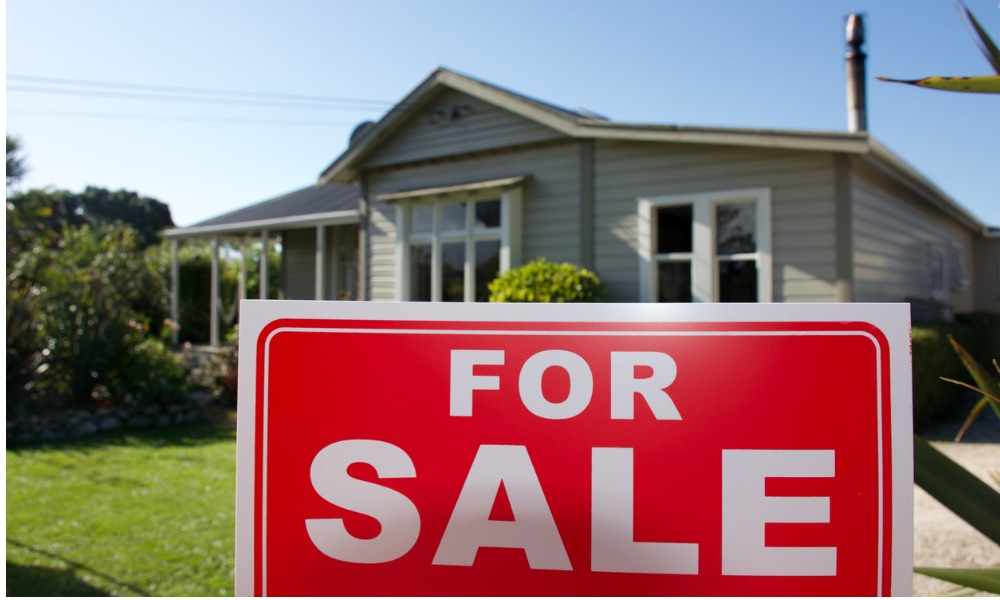Here is a breakdown of the pros and cons

If you own a small business, you will likely face this conundrum: Should I buy or should I lease my commercial property? Before deciding, it is important to figure out if it makes good financial sense for your company—as well as weigh the pros and cons of each. Here is what you need to know about buying (or leasing) commercial properties.
What should be the reasons to consider buying a commercial property?
There are multiple reasons that you should consider buying a commercial property. Buying could be a good fit for your business if you have complete control of the property, meaning you don’t have to answer to a landlord. It gives you the opportunity to build equity and long-term wealth, and you’ll also likely be able to buy a property with a 10% down payment using a loan from the Small Business Administration (if you run a small business).
Buying a commercial property means you have the real estate to fall back on, or you can lease the property to tenants in the event your business fails, you close up, or simply want to sell. Finally, it can also help you benefit from certain tax advantages – although of course, it’s essential to consult with your accountant first.
Pros and cons of buying
On the plus side, you’ll have the potential to build equity in the property, since it will likely appreciate in value over the long term, making it a good investment vehicle for you. You could also benefit financially from renting your commercial property to a tenant, which would give you an extra income stream to pay for the mortgage and other expenses. Owning the property, meanwhile, means you’ll face fewer restrictions on remodeling, upgrading, and decorating the space.
On the other hand, buying a commercial property also comes with some downsides. You’ll be responsible for property maintenance, requiring you to invest your own time and money into the building. You’ll also have to pay taxes on the property, and could face financial pitfalls such as losing money if the building declines in value, you need to sell, or you cannot find a buyer.
Reasons to consider leasing a commercial property
There are many reasons to consider leasing a commercial property and whether it makes sense for your business – for instance, whether your company is expanding and you’re unsure if you’ll outgrow the property. You should also consider whether market conditions are unstable, and if committing to shorter term leases – for instance, three to five years – makes you more comfortable than overcommitting.
It can also make sense to lease if you don’t have the funds to make a down payment, for instance if you’re still in the early stages of building your company. In scenarios where you need a building immediately – for instance, in the next 30-60 days – leasing a property can be a great option, and it should also be favoured at times when lease terms are more favourable than purchasing.
Pros and cons of leasing
One of the pros of leasing is that it offers you more flexibility, meaning you’re not tied to a specific location, a certain square footage, or monthly payment for longer than the duration of the lease. It means you only require minimum property maintenance and allows you to establish your company in a location you might otherwise be able to afford.
Leasing can often allow you to share the cost of the building with other companies, if your business is part-time – and your proximity to other businesses could give you the opportunity to build invaluable relationships.
Downsides to leasing a commercial property include the fact that you don’t build equity in the property if you’re a renter, rents are likely to increase over time, and you’ll also have to deal with a landlord.
Is buying office space a good investment?
Whether buying office space is a good investment will depend on what makes financial sense for your business. After all, commercial real estate is a long-term asset and will keep its value over time if it is maintained properly. For starters, if you pay all cash, you immediately own 100% of the property. Your down payment and monthly payments will build equity in the property, if you take out a loan. On the other hand, your equity will be the difference between the remaining loan balance and the property’s fair market value—and will aid in building the overall value of your company—if you sell or refinance the property.
The fact that commercial real estate is an appreciating asset could also make buying office space a good investment, since it lets you benefit from capital appreciation, i.e., the increase in the value of the property in the longer term. The inflation rate, local supply and demand conditions, and interest rates, among other factors, impacts the rate of the appreciation. Rental income and potential tax breaks could also help making buying an office space a good investment for you.



